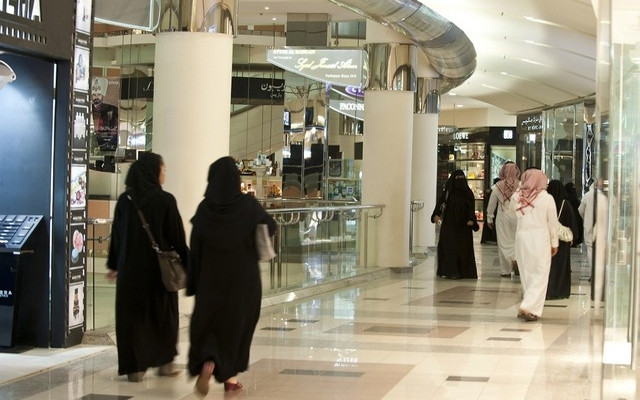The participation of Saudi men and women in the 2011 Arab Spring protests placed significant pressure on the Kingdom of Saudia Arabia to make social, political, and economic reforms. In particular, women’s rights activists leveraged the influence of social media on the Arab Spring to bring attention to the lack of women’s rights granted by the government. In response, the Kingdom made some attempts to appease these activists. In the few years leading up to his death, King Abdullah bin Abdulaziz Al Saud allowed women to serve as store clerks, appointed 30 women to the Shura Council, and permitted Saudi women vote and run for municipal office for the first time. However, the momentum that the women’s rights movement gained after the 2011 Arab Spring protests has slowed in recent years.
Upon succeeding King Abdullah, King Salman bin Abdulaziz Al Saud turned his political focus on economic and security issues. He has expressed little interest in expanding women’s rights further. For example, the Women2Drive movement, spearheaded by Manal al-Sharif and Wajeha al-Huwaider, was widely covered in international media before King Abdullah’s death. It ultimately failed to spur legislation that allows women to drive motor vehicles in Saudi Arabia.
Despite the government reforms made during King Abdullah’s rule, several barriers also prevent women from participating in the political process. Americans for Democracy & Human Rights’ (ADHRB) assessment of the December 2015 elections, the first municipal elections in which Saudi women could vote and run for office, describes the various restrictions placed on women voters and candidates. Furthermore, the government’s ongoing suppression of peaceful women’s rights activists calls into question the extent to which Saudi leaders are willing to implement substantive reforms to improve the status of women.
Women voters also demonstrate Saudi women’s skepticism toward the idea that suffrage will lead to a better social life for women. Low voter turnouts from the female population may decelerate the women’s movement even more, as they continue to be denied opportunities to participate in other areas of public life. Researchers project that such sustained gender inequality may have grave economic consequences for Saudi Arabia, which has one of the lowest rates of working women in the world.
 Women currently make up approximately 16 percent of the Saudi workforce and account for over 60 percent of the country’s unemployed. While women were given the right to work in retail and hospitality in 2013, the Saudi guardianship system prevents them from seeking employment without permission from their husbands or male relatives. This limitation, in conjunction with the country’s strict gender segregation laws, greatly hinders women from seeking financial independence.
Women currently make up approximately 16 percent of the Saudi workforce and account for over 60 percent of the country’s unemployed. While women were given the right to work in retail and hospitality in 2013, the Saudi guardianship system prevents them from seeking employment without permission from their husbands or male relatives. This limitation, in conjunction with the country’s strict gender segregation laws, greatly hinders women from seeking financial independence.
In addition to increasing household income, women’s economic empowerment can reduce the Saudis’ reliance on foreign workers. Certain jobs are largely filled by unskilled laborers from abroad, including the drivers required to chauffeur Saudi women. Studies show that countries that permit women to be visible and active members of civil society, through employment and political engagement, transform their economies for the better.
Although King Salman has not made any attempts to improve the status of women, advocates for the expansion of women’s rights believe that reforms are still forthcoming. A global drop in oil prices threatens Saudi economic stability, causing the Kingdom to consider human capital in lieu of its dependence on oil revenue. In addition, the country’s rapid population growth has strained the government’s ability to finance high standards of living among the upper class. Saudi families may now need two incomes in order to sustain their lifestyles. Subsequently, there has been a recent push to allow women to make more contributions to the Saudi Arabian economy.
Despite making incremental steps forward, several barriers to gender equality must be removed if women are to fill in gaps in the Saudi labor force. The Kingdom will need to reconsider its stances on gender mixing, women and driving, the male guardianship system, and gender discrimination in general, if it aims to continue advancing Saudi Arabia’s economic development.
Farah Kader is an Advocacy Fellow at ADHRB.




